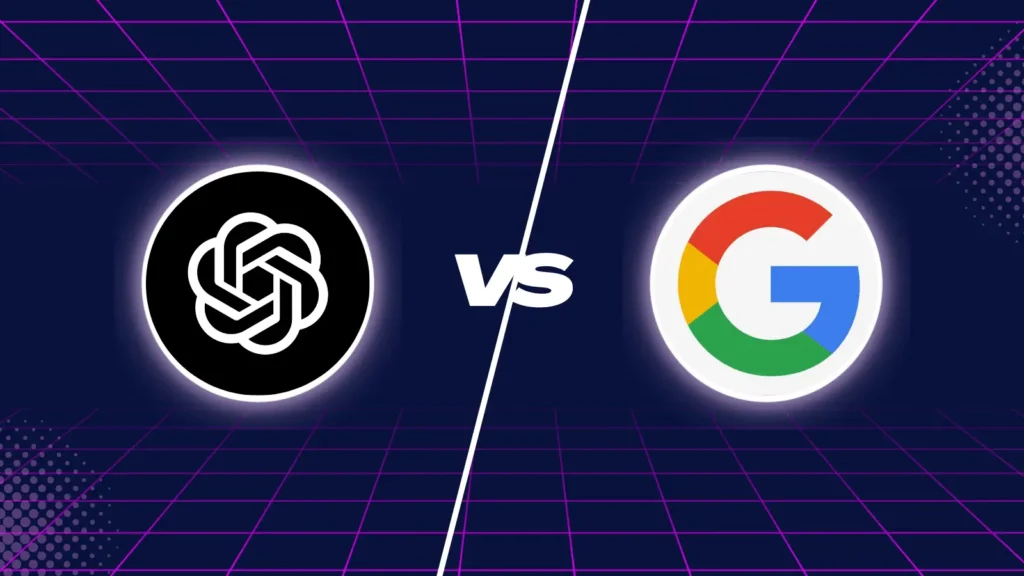ChatGPT Head of Product Set to Testify in U.S. Government’s Antitrust Case Against Google |
ChatGPT’s Head of Product to Testify in U.S. Government’s Antitrust Case Against Google

U.S. Government Ramps Up Efforts to Curb Google’s Monopoly in Search and Digital Advertising
The U.S. government’s ongoing antitrust case against Google has taken a significant turn as Nick Turley, the head of product for ChatGPT at OpenAI, is set to testify as a witness. This case, which targets Google’s dominance in the search engine market, aims to highlight the barriers that competitors face in challenging the tech giant’s monopoly.
- Background of the Antitrust Case
In a pivotal ruling in August 2024, a federal court declared that Google holds an illegal monopoly in online search and digital advertising, violating Section 2 of the Sherman Antitrust Act. This decision has positioned the Department of Justice (DOJ) to explore potential penalties for Google, including the divestiture of major assets such as the Chrome browser and Android operating system or even imposing a decade-long ban on releasing any browser-related products.
While Google appeals this ruling, the DOJ continues to build its case, asserting that Google’s business practices have created insurmountable barriers for new entrants and smaller competitors in the search engine market.
- Nick Turley’s Role in the Case
Nick Turley’s testimony is expected to be a key element in the DOJ’s strategy. As the head of product for ChatGPT, Turley has direct insights into the evolving landscape of generative AI and its implications for search technologies. Recent legal filings indicate that Turley will address topics such as:
- The relationship between generative AI and search access points.
- Challenges in distribution and market entry.
- Data sharing practices and their impact on competition.
Google’s lawyers have acknowledged Turley as a critical witness, describing him as “handpicked” by the DOJ to represent OpenAI’s perspective.
- Broader Industry Involvement
The DOJ has also reached out to other competitors, including Microsoft and Perplexity, to support its case. Dmitry Shevelenko, Chief Business Officer at Perplexity, has been approached to testify, though it remains unclear if he will participate. The inclusion of multiple tech companies underscores the government’s efforts to demonstrate the widespread challenges smaller players face due to Google’s dominant market position.
- Google’s Response and Legal Disputes
In preparation for Turley’s testimony, Google has subpoenaed OpenAI for documents related to the case. However, this move has sparked a heated dispute over the scope of evidence required. Google has criticized OpenAI for providing “stunningly few documents,” while OpenAI’s legal team argues that Google’s requests are overly broad and aimed at harassing executives, including CEO Sam Altman.
OpenAI has agreed to share certain documents, such as Turley’s work files on AI product strategies, AI integration in search products, and the company’s partnership with Microsoft. However, OpenAI has resisted Google’s demands for older documents predating ChatGPT’s launch in November 2022, stating that such materials are irrelevant to the current AI landscape.
- Potential Implications for Google
This case is one of the most significant antitrust challenges faced by Google and could reshape the tech industry if the DOJ succeeds in enforcing stringent penalties. Possible outcomes include:
- Divestiture of Core Assets: Google may be required to spin off its Chrome browser or Android operating system to reduce its dominance.
- Restrictions on Browser Development: A potential ban on releasing browser products for up to 10 years could limit Google’s influence in the search market.
- Impact on AI Development: The case’s outcome could also affect Google’s AI strategies, especially as the company faces competition from generative AI tools like ChatGPT.
- The Bigger Picture: Antitrust Enforcement
The Biden administration has made antitrust enforcement a key priority, aiming to curb monopolistic practices in the tech sector. By targeting industry giants like Google, the government hopes to promote fair competition, foster innovation, and address economic inequality. The outcome of this case could set a precedent for future regulatory actions against other dominant tech companies.
As the antitrust case against Google unfolds, Nick Turley’s testimony will play a crucial role in shaping the narrative around competition in the search and AI markets. The disputes between Google and OpenAI over evidence highlight the high stakes involved, not just for the companies but for the broader tech ecosystem. The case’s outcome could have far-reaching implications, potentially reshaping the competitive landscape and setting new standards for antitrust enforcement in the digital age.



